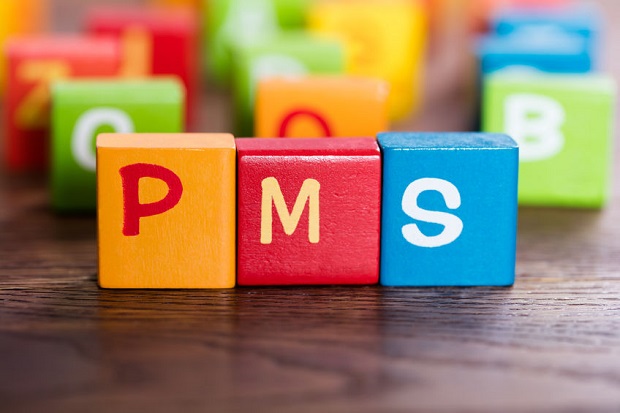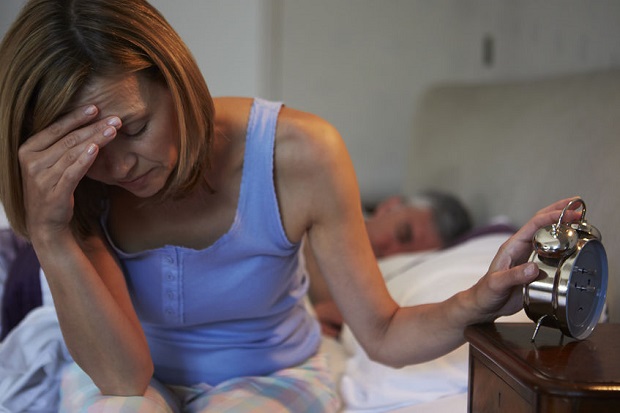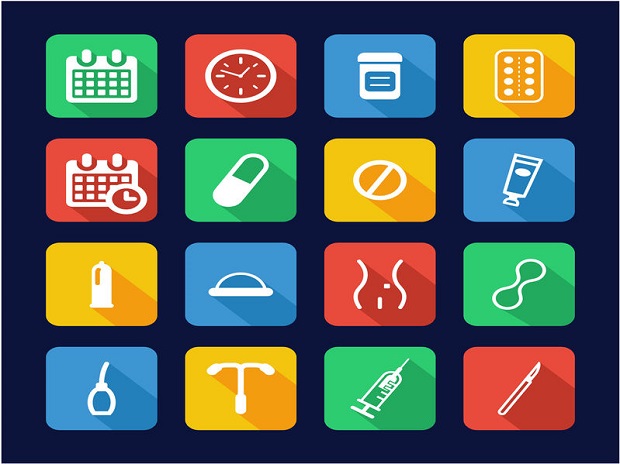
What Does PMS Stand For?
PMS stands for Premenstrual Syndrome, which is defined as a group of syndromes linked to the menstrual cycle.
Jump Ahead
When Does PMS Occur?
PMS can start as early as two weeks before the first day of your monthly period. But to be diagnosed as having PMS, the following factors must concur: PMS symptoms that start within five days of your period for three cycles consecutively, PMS symptoms that end within four days after your period commences, and lastly that such symptoms interfere with your day to day tasks. Ensuring that you indeed have a PMS pattern eliminates the possibility that you have another condition that mimics PMS.
PMS Symptoms
PMS manifests itself in physical and emotional symptoms.
The physical symptoms of PMS include any of or a combination of the following: acne breakouts, enlargement of the breasts, breast tenderness, bloating of the abdomen, constipation, diarrhea, headaches, swollen feet, swollen hands, weight gain, clumsiness, nausea, and muscle aches.
Meanwhile, the emotional symptoms of PMS include depression, anxiety attacks, panic attacks, insomnia, change in sexual desire, irritability, hostility, anger outbursts, increased appetite, mood swings, fatigue, lethargy, and inability to concentrate.
Causes of PMS
Although the specific causes of PMS have not yet been established clearly, it is widely held that PMS results from the hormonal and chemical changes that occur during your monthly period. What you eat and drink may also contribute to the gravity of your PMS. It has been found that eating salty food and drinking alcohol or coffee aggravate PMS symptoms.
How to Treat or Manage PMS Symptoms
According to the American Congress of Obstetricians and Gynecologists, PMS can be avoided by simply making lifestyle and dietary changes if the PMS symptoms are mild to moderate. More severe cases of PMS will require the intervention of your physician, who may prescribe medicines to treat the various symptoms of your PMS.
Resources
- Womenshealth.gov – “Premenstrual Syndrome.“
- American Congress of Obstetricians and Gynecologists – “ACOG Education Pamphlet AP057 — Premenstrual Syndrome.”
- University of Maryland Medical Center – “Premenstrual Syndrome – Highlights.“
DISCLAIMER: THIS WEBSITE DOES NOT PROVIDE MEDICAL ADVICE
The information on this website, including but not limited to text, graphics, images, and other material, is for informational purposes only. No material on this site is intended to be a substitute for professional medical advice, diagnosis, or treatment. Always seek the advice of your physician or other qualified healthcare providers with any questions you may have regarding a medical condition or treatment before undertaking a new healthcare regimen, and never disregard professional medical advice or delay in seeking it because of something you have read on this or any other website.





